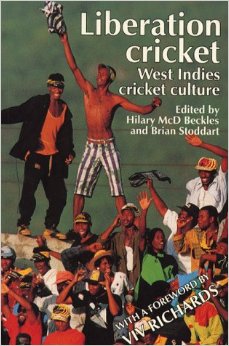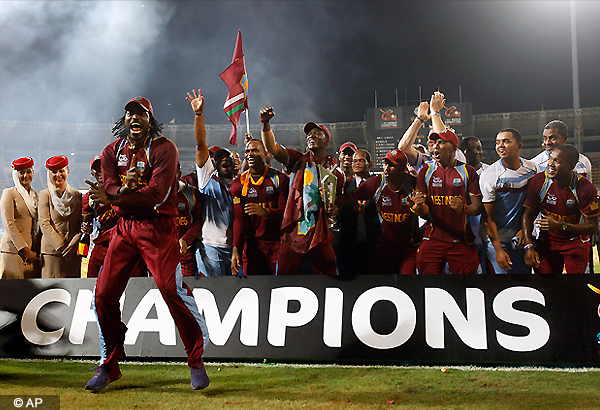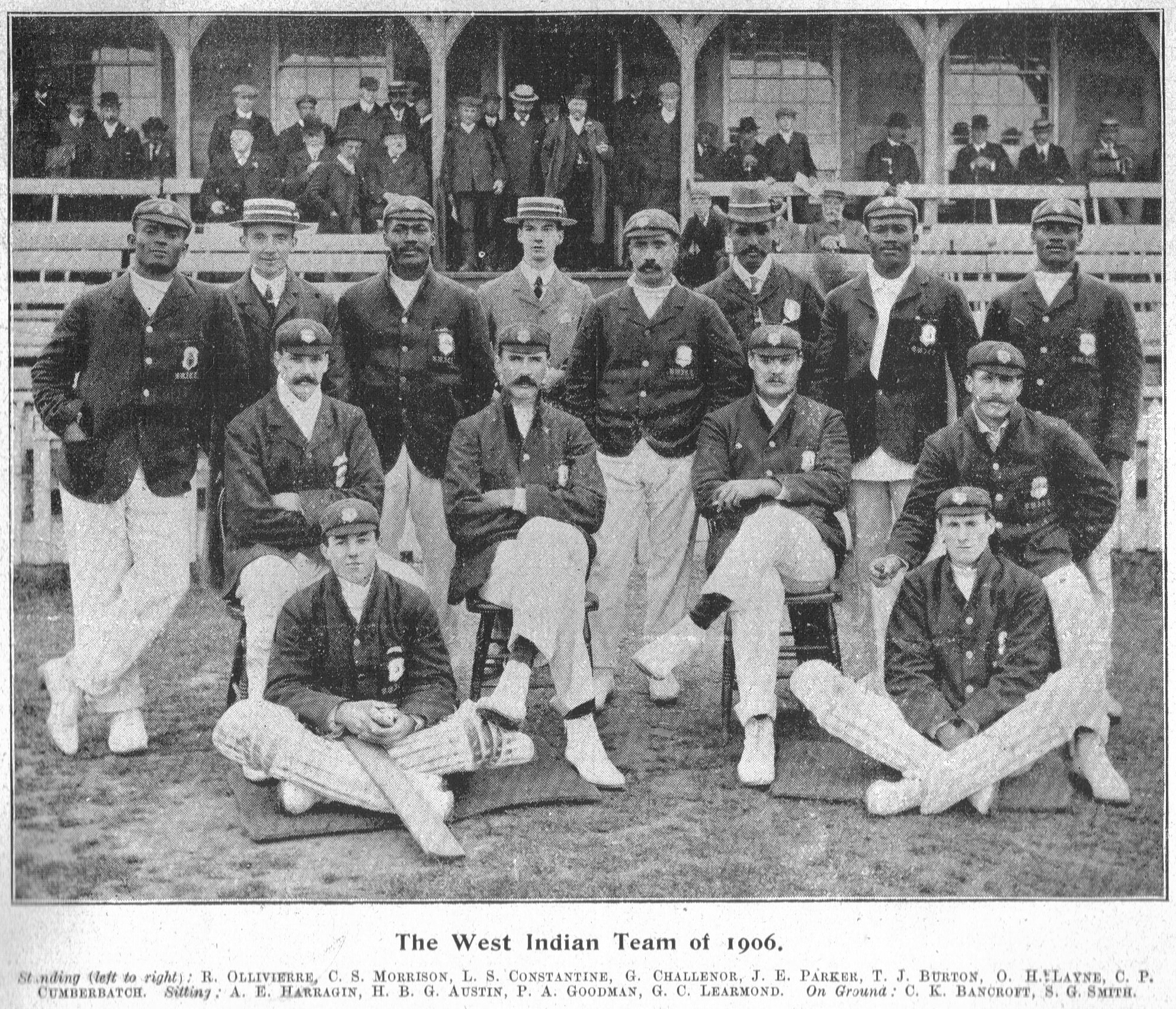|
Getting your Trinity Audio player ready...
|
Reading Time 1 mins
A “West Indian Apartheid” lingered in West Indian cricket until the latter years of the nineteen-fifties: of course the game was merely reflecting the state of play in colour-coded societies that stood blackness in the basement. This writer allows that the “gentleman’s game” was not alone in race/colour prejudices.
Young Derek Walcott (Nobel Prize winner in Literature 1992) saw the racism/colorism in Grenada during the three months he spend on the island, teaching Latin and English at the Grenada Boys’ Secondary School (GBSS).
Professor Simon Rotenberg [University of Chicago] saw it in the course of a 1952 visit to Grenada.
Enough. Back to the Oval
A campaign to bring “democracy” to the game , and by extension the society,was led by CLR James (1901-1989), writing in the pages of the Nation, theoretical organ of the People’s National Movement (PNM) of Trinidad and Tobago.
The James-led campaign was stoutly supported by Dr. Eric E.Williams (1911-1981), leader of the PNM; support came also from cricket great Learie Constantine (1901-1971), then Chairman of the PNM.

The campaign hit hard and the Cricket Board was forced to change its mind.
Change saw its first fruit in March 1960 in the appointment of Frank M.M. Worrell (1924-1967), captain of the team.
Worrell, later Sir Frank, became the first black to skipper the side for an entire Test series.
It should be noted that the Worrell campaign was hugely indebted to the work of N. N. “Crab“Nethersole (1903-1959), Rhodes Scholar, lawyer, economist and Jamaica’s Minister of Finance from 1955 until his untimely death.
-Caldwell Taylor
Caldwell Taylor is writer and cultural commentator . The former teacher and diplomat is a graduate of Windsor Law School .


